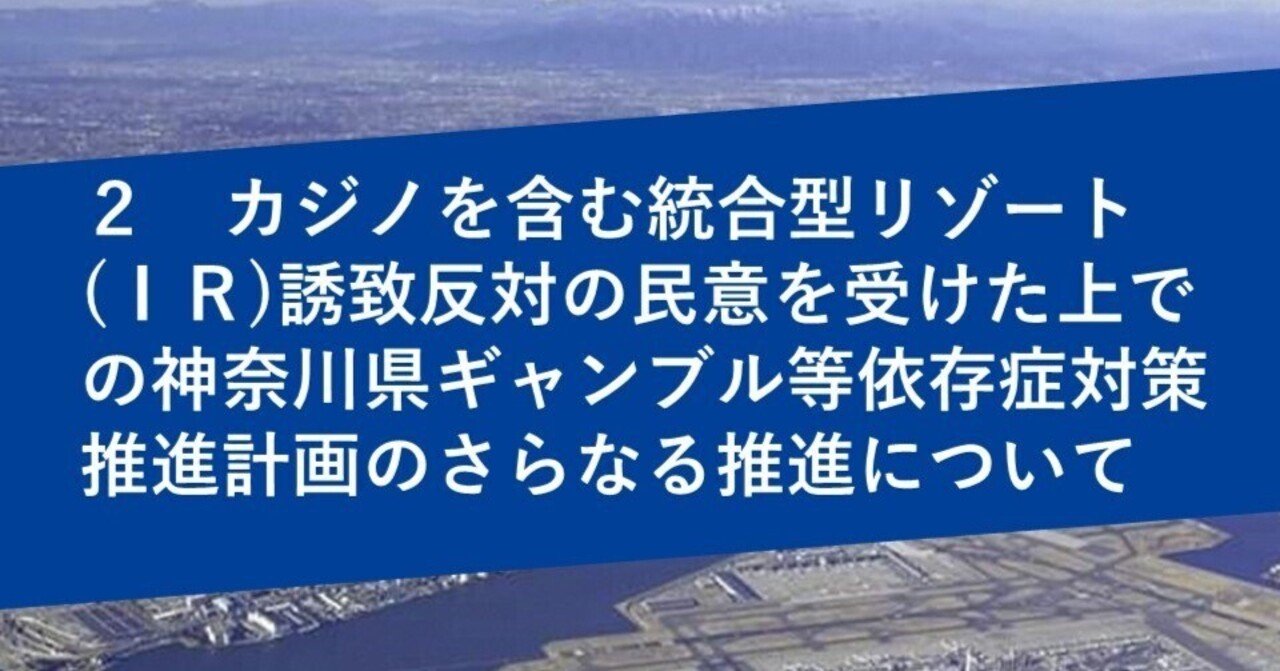ドラクエ11 攻略:カジノ景品で冒険を有利に!勝利への道標
広大な世界を冒険し、魔王を討伐する壮大な物語が描かれる『ドラゴンクエストXI 過ぎ去りし時を求めて』。しかし、冒険の途中で多くのプレイヤーが立ち寄るのが、煌びやかな光と熱気に満ちた「カジノ」です。カジノは単なる息抜きスポットではありません。ここでしか手に入らない強力な装備品や貴重な素材、冒険を有利に進めるための景品が多数用意されており、攻略において重要な役割を果たします。
本稿では、『ドラクエ11』のカジノで手に入る景品に焦点を当て、効率的なトークンの稼ぎ方から、各カジノで狙うべきおすすめ景品、さらにはよくある質問まで、徹底的に解説していきます。
ドラクエ11 カジノの場所と概要
『ドラクエ11』には、物語の進行によって利用可能になるカジノが複数存在します。それぞれ景品ラインナップが異なり、物語のフェーズに合わせた攻略が求められます。
カジノ名 場所 解放時期 特徴
グロッタの町カジノ グロッタの町 序盤~中盤 ストーリーイベント後に本格的に利用可能。序盤の装備強化に貢献。
導師の試練カジノ 導師の試練・天啓の谷 最強装備作成後 クリア後に出現。最高級の景品が並び、裏ボス攻略に必須のアイテムが多数。
「カジノは冒険のオアシスであり、秘密の武器庫でもあります。一攫千金を目指すもよし、堅実にトークンを稼いで装備を揃えるもよし。どのプレイヤーにとっても魅力的でしょう。」
効率的なトークンの稼ぎ方
カジノ景品を手に入れるためには、まず多くのトークンが必要です。以下のゲームと戦略を駆使して、効率的にトークンを稼ぎましょう。
- スロット
カジノゲームの定番であるスロットは、大当たりの破壊力では群を抜いています。
メタル系モードを狙う: スロットには、メタルスライム、はぐれメタル、メタルキングが出現する「メタル系モード」が存在します。特にメタルキングモードでは、大量のフリースピンや高レートの当たりが期待でき、一気に数万~数十万トークンを獲得することも珍しくありません。
高レート台で勝負: ある程度のトークンがある場合は、100枚や1000枚といった高レート台で勝負すると、大当たりのリターンも大きくなります。
オートセーブを活用: dq11 グロッタの町 カジノ 景品 スロットは運の要素が強いため、ある程度トークンが増えたらセーブし、大負けしたらロードし直すといった戦略も有効です。
- ポーカー
ポーカーは、運と判断力が試されるゲームです。
ダブルアップで増やす: ポーカーで役が成立したら、ダブルアップに挑戦しましょう。ディーラーのカードを見て、勝利できる確率が高いと判断したときに連続で挑戦することで、少ないトークンからでも大きく増やすことができます。特に、ディーラーが2~6の低いカードを出している場合はチャンスです。
セオリーを学ぶ: ペア、2ペア、3カードなど、基本的な役の狙い方や、手札をどう残すかのセオリーを理解することが重要です。
- ルーレット
ルーレットは、大金を賭けて一発逆転を狙うには最適です。
特定の数字に集中投資: 例えば「00」や「12」など、当たりやすいと言われる数字に大金を賭ける戦略があります(これはあくまで経験則であり、確率的には平等です)。
隣接する数字にも賭ける: ペニールーレット カジノ 大金を特定の数字に賭けつつ、その隣接する数字にも少額を賭けておくことで、リスクを分散しつつ当たった際のリターンを狙えます。
カジノ景品のランクと狙い目
カジノ景品は、必要なトークン数に応じて様々なランクに分かれています。序盤は手軽な装備品から、クリア後には最高級のアイテムまで、幅広いラインナップが用意されています。
景品は大きく分けて以下の3種類です。
装備品: 冒険の助けとなる武器、防具、アクセサリー。特に序盤やクリア後には、通常では入手しにくい強力なものが景品として並びます。
素材: レアな素材や、強力な鍛冶レシピの素材となるもの。
換金アイテム: 文化 祭 カジノ トランプ 貴重な装飾品など、売却することで大量のゴールドを得られるアイテム。
グロッタの町カジノ(ストーリー進行後)の主要景品
ストーリー進行後に本格的に利用可能になるグロッタの町カジノでは、序盤~中盤の攻略で非常に役立つ景品が手に入ります。特に、資金が乏しい時期には大いに頼りになるでしょう。
景品名 トークン数 種類 特徴
プレイボーイじゅず 100 アクセサリー 呪文攻撃ダメージアップ。序盤の魔法使いに有効。
しんぴのビスチェ 5,000 服 女性キャラ専用で守備力と魅力が高い。
はぐれメタルの盾 100,000 盾 極めて高い守備力と呪文耐性。序盤の最強盾候補。
はぐれメタルよろい 250,000 鎧 極めて高い守備力と全ての属性耐性。
きせきのきのみ 5,000 消費アイテム 全員のHPとMPを全回復。ボス戦で役立つ。
きんのネックレス 1,000 換金アイテム 売却すると750G。金策として利用可能。
「グロッタのカジノは、はぐれメタル装備の存在が大きいです。これらを手に入れれば、中盤のボス戦が格段に楽になります。多少時間をかけてでも、ぜひ狙うべきでしょう。」
導師の試練カジノ(クリア後)の主要景品
物語をクリアし、真のエンディングを目指す上で訪れる「導師の試練」には、最高峰のカジノが待っています。ここでは、裏ボス攻略や最強装備作成に不可欠な、破格の景品が用意されています。
景品名 トークン数 種類 特徴
メタキン装備(剣/盾/鎧/兜) 各1,000,000 武器/防具 メタルキングの力を宿した最強装備。高い守備力と回避率。裏ボス攻略に必須。
グレイグの最強装備 各1,000,000 武器/防具 グレイグが最終盤まで使える最強クラスの装備品。
ドーピングアイテム 各200,000 消費アイテム ちからのたね、まもりのたねなど。キャラクターのステータスを永続的に強化。
げんませき 100,000 素材 最強装備などの貴重なレシピに必要なレア素材。
スキルのしおり 50,000 消費アイテム スキルパネルの振り直しに使えるアイテム。
景品取得のための戦略
トークンを効率的に稼いだら、どの景品を優先的に取るべきか、戦略を立てましょう。
最優先は「はぐれメタル装備」や「メタキン装備」: 守備力や耐性が格段に上がるこれらの装備は、冒険の安定性を大きく高めます。特に通常プレイで入手が難しい序盤のはぐれメタル装備や、クリア後のメタキン装備は最優先で狙いましょう。
次に「ドーピングアイテム」や「レア素材」: スターウォーズ カジノ 警備兵 キャラクターの永続強化や、最強装備の作成に必要なこれらのアイテムは、長期的な冒険の計画に組み込みましょう。
金策には「換金アイテム」: どうしてもゴールドが足りない場合は、換金効率の良い景品を狙いましょう。ただし、ベラ ジョン カジノでトークンを集めるより、敵を倒してゴールドを稼ぐ方が効率が良い場合もあります。
FAQ:よくある質問
Q1: カジノは本当に時間をかける価値がありますか? A1: はい、大いに価値があります。特にグロッタの町カジノでは、はぐれメタル装備などの強力な品が手に入り、中盤の難易度を劇的に下げることができます。クリア後の導師の試練カジノでは、裏ボス攻略に必須ともいえるメタキン装備やドーピングアイテムが手に入るため、最強を目指す上では避けて通れません。
Q2: 最も手っ取り早くトークンを稼ぐ方法は? A2: 運の要素が強いですが、やはりスロットの「メタル系モード」が最も一攫千金の可能性を秘めています。次に、ポーカーのダブルアップで堅実に増やすか、ルーレットで大金を賭けるのが有効です。手持ちのトークンが少ない場合は、まず低レートのスロットやポーカーで地道に増やし、ある程度まとまったら高レート台に移るのが良いでしょう。
Q3: どの景品を優先的に交換すべきですか? A3: カジノ ジャック ポット 基本的には、その時期のキャラクターの守備力や攻撃力を大幅に向上させる「装備品」を優先すべきです。グロッタでは「はぐれメタル装備」、クリア後であれば「メタキン装備」が最優先となります。これらが揃ったら、キャラクターの能力を永続的に強化する「ドーピングアイテム」や、強力な鍛冶の素材となる「レア素材」を狙いましょう。
Q4: カジノ 利益 仕組み トークン稼ぎのコツはありますか? A4: クイーン カジノ 最も重要なのは「セーブ&ロード」をうまく活用することです。大きくトークンが増えたらセーブし、大負けしたらロードし直すことで、リスクを最小限に抑えつつトークンを増やせます。また、長時間プレイする場合は、休憩を挟むなどして集中力を維持することも大切です。
まとめ
『ドラゴンクエストXI』のカジノは、ただのミニゲームではなく、冒険を有利に進めるための強力な味方となる要素です。グロッタの町カジノでは、序盤の難所を乗り越えるための強力な装備を、そして導師の試練カジノでは、裏ボス討伐や最強装備作成に欠かせない至高の品々を手に入れることができます。

ギャンブルには運がつきものですが、本稿で紹介した攻略法や景品の知識を参考に、賢くカジノを利用して、あなたの冒険をさらに豊かなものにしてください。さあ、カジノの扉を開き、一攫千金と最強への道を掴み取りましょう!
If you have any concerns relating to where and the best ways to make use of クイーン カジノ, you could contact us at our own internet site.



